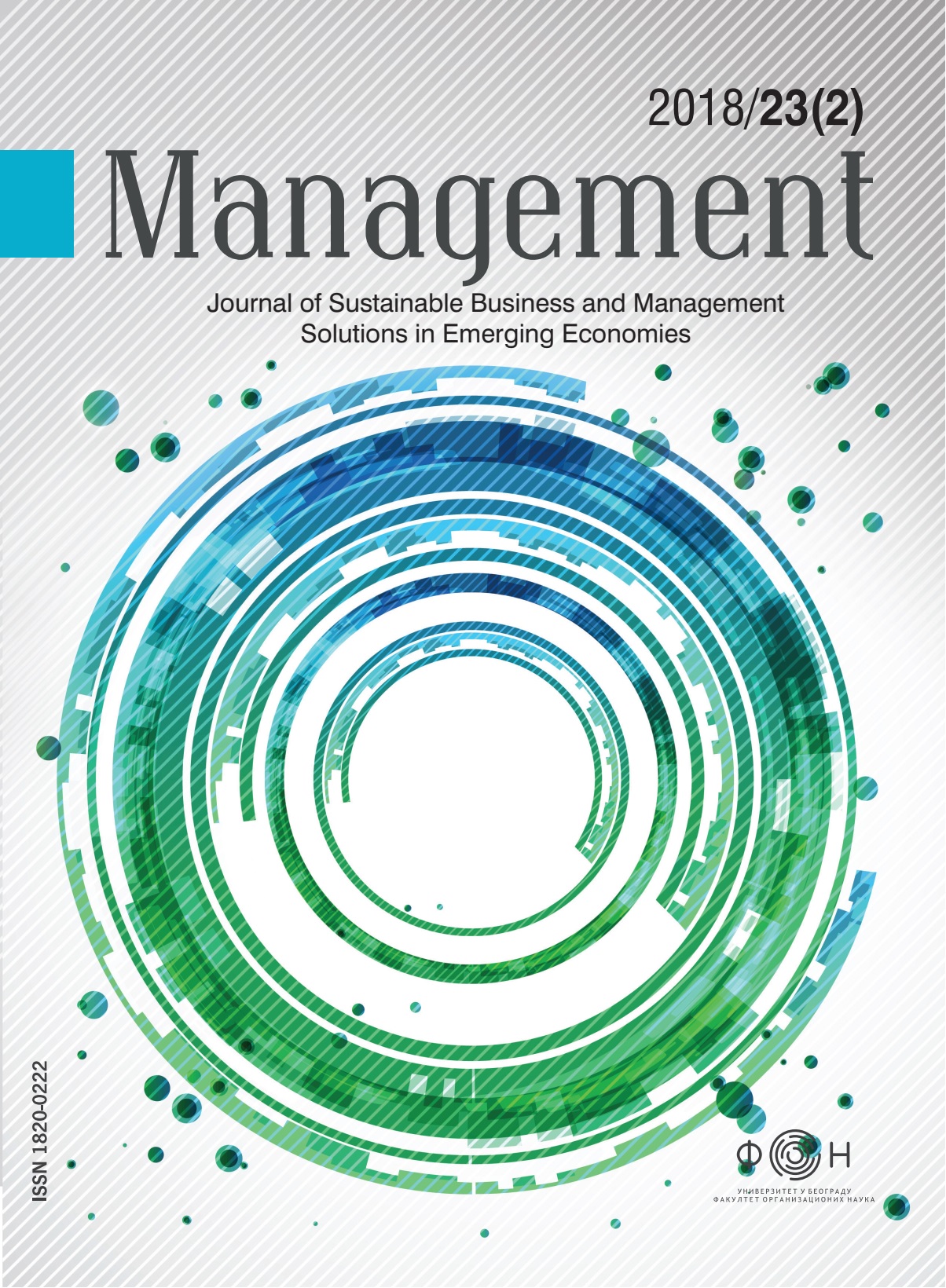Cooperation, the Crowding Out Effect and the Role Of Incentives in the Case of Sustainable Hydroplant Project in Brazil
Cooperation, the Crowding Out Effect and the Role Of Incentives in the Case of Sustainable Hydroplant Project in Brazil
Author(s): Fabricio Baron Mussi, Ubiratã TortatoSubject(s): Economy, Psychology
Published by: Fakultet organizacionih nauka Univerziteta u Beogradu (FON)
Keywords: Public goods game; mechanisms of punishment and reward; sustainability; hydroelectric power plant; fishermen
Summary/Abstract: Research Question:This paper sought to present a proposal for the analysis of the cooperation between a hydroelectric power plant and the fisheries community.Motivation: The use of economic experiments on the sustainability theme has been employed by adapting public goods games to the different realities faced by the players. For this research, focused on the environmental preservation, preferring to contribute/not to contribute to their preservation consists of public goods dilemmas. This subject also constitutes a research opportunity, since in the preliminary literature review few studies addressed concomitantly the sustainability question related to hydroelectric plants and the cooperation between them and a group of local stakeholders.Idea:The core idea of this paper was to bring a proposal of association between the behavioural economics and crowding out theory to the analysis of actions envisaging sustainability, which demand the cooperation between a hydro-electric power plant and the fisheries community that make a living out of its reservoir.Data:The research was conducted assessing documents such as Itaipu ́s annual sustainability reports and other documents between the plant and its stakeholders,in the environmental area, and in the form of contracts and cooperation agreements. Next, eight personal interviews were conducted with managers involved in the Sustainability Programme. Tools: With these information, the suggested public goods game was adapted from Fehr and Gachter (2000), and Sefton, Shupp and Walker (2007), and – for the present proposal of experiment – was named ‘reservoir game’, as the public goods in this case is Itaipu ́s plant reservoir.Findings:This study can help in the acquisition of relevant information about the applicability and efficiency of punishment and reward mechanisms related to cooperation, either in support of future negotiations and agreements or in bargaining situations when groups present their demands. One can only hope to have also contributed to the improvement of management of contractual agreements between corporations and local stakeholders in projects targeting sustainability, to reduce any transaction costs, and minimize the possibilities for conflict and disagreement between partners.Contribution:This paper expands existing research related to cooperation between a power plant and its local stakeholders
Journal: Management: Journal of Sustainable Business and Management Solutions in Emerging Economies
- Issue Year: 23/2018
- Issue No: 2
- Page Range: 71-84
- Page Count: 13
- Language: English

